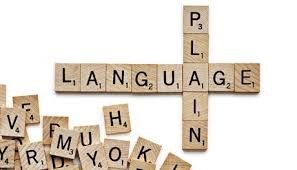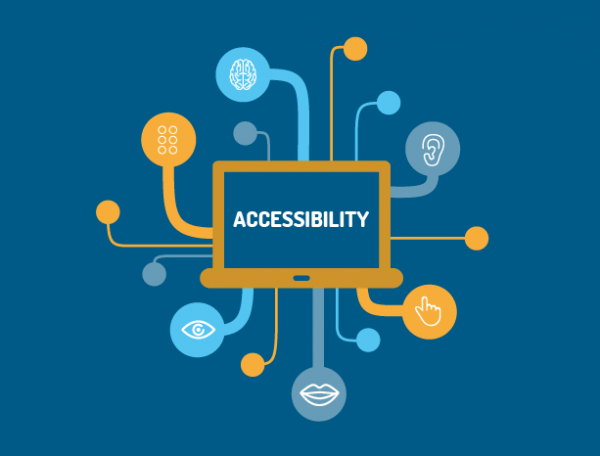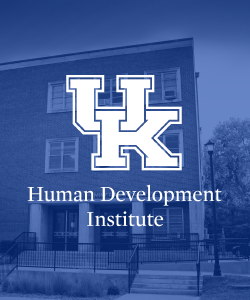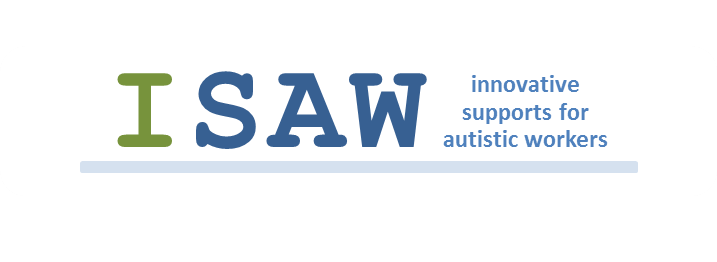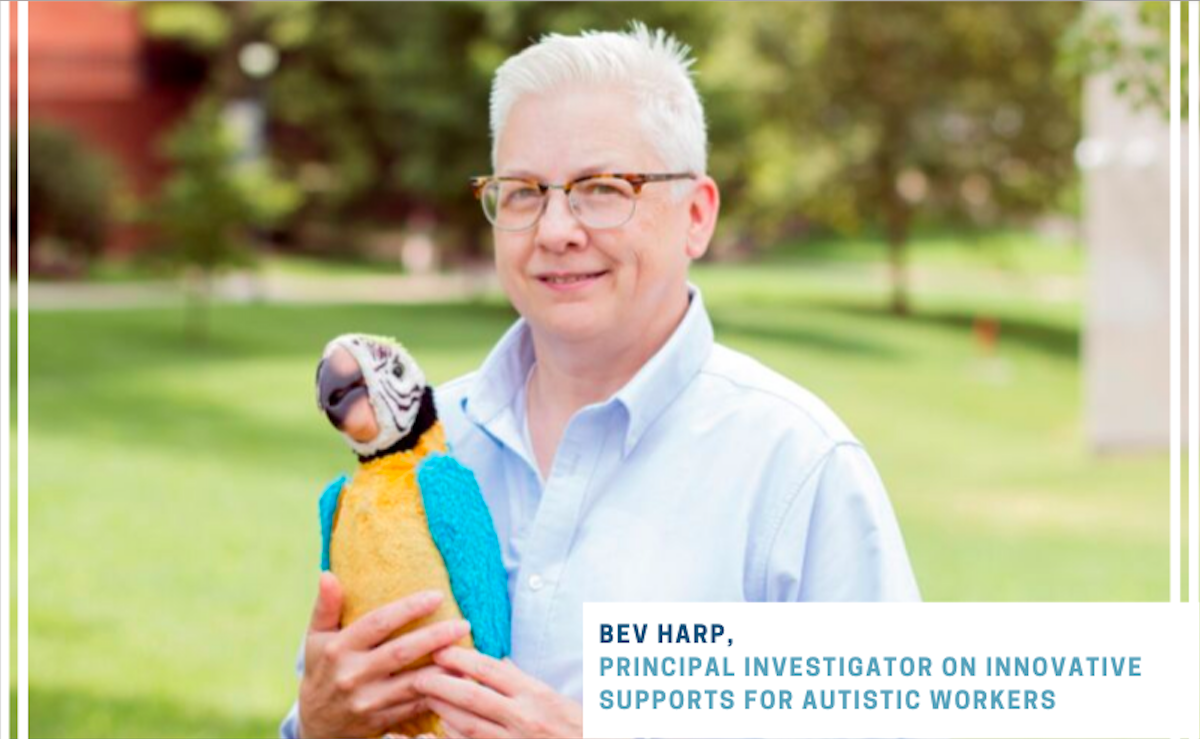Even dense and difficult information can be written so that everyone can read it. That’s why the MIND Institute at UC Davis reached out to HDI, to teach them more about plain language.
“They came to us on the recommendation of Association of University Centers on Disability because they recognized they did not have the training on how to work on plain language,” Patti Singleton, Division Director for Professional Learning, said. “They are a lot of researchers. They have a more clinical focus at their center than HDI does.”
This means that they are more used to writing in a clinical setting, which can be difficult for an outside audience to read. Plain language would make the material they create more accessible to outside audiences – with an additional benefit to their institute specifically.
Currently, Singleton and her team, which include Liz Weintraub from the Association of University Centers on Disability and Bev Harp from HDI, has met with the MIND Institute three times to teach them about why plain language is important and how to actually implement it.
Singleton has been surprised and thrilled at how much they’ve embraced the lessons they’ve learned. “I was really happy that they decided as a group to take on their website,” she said. “They have taken different parts of the public-facing website to try and translate into plain language.”
Harp noted that opportunities like this offer an interesting way to both open the doors to more people, but discussions in how to apply plain language to academic writing are interesting in themselves.
“Information is power and that information is conveyed through language. When we use unnecessarily complex language, we exclude people, usually those who already lack social capital,” she said. “As someone who requires precision in language and enjoys academic writing, I am especially interested in working with academics and others who must negotiate that tension between need for precision and need for accessibility. As advocates for people with disabilities, accessibility is our priority, but I believe that we can also help scholars in other fields to identify and reduce barriers.”
Reviews from students of the class have also been glowing. Singleton shared just a few of the things they had to say. “It was incredibly helpful to get the guidance and have more resources to add to my tool box,” one student said. “Also appreciated being able to work through examples!”
One more session is planned for June, where Singleton hopes to discuss sustainability – in other words, how to ensure a culture of plain language usage continues as they go on. “It was very active participation,” Singleton said. “It’s been a fantastic opportunity to work with this group.”
This article represents the opinions of the author and interviewee, not that of the University of Kentucky.
